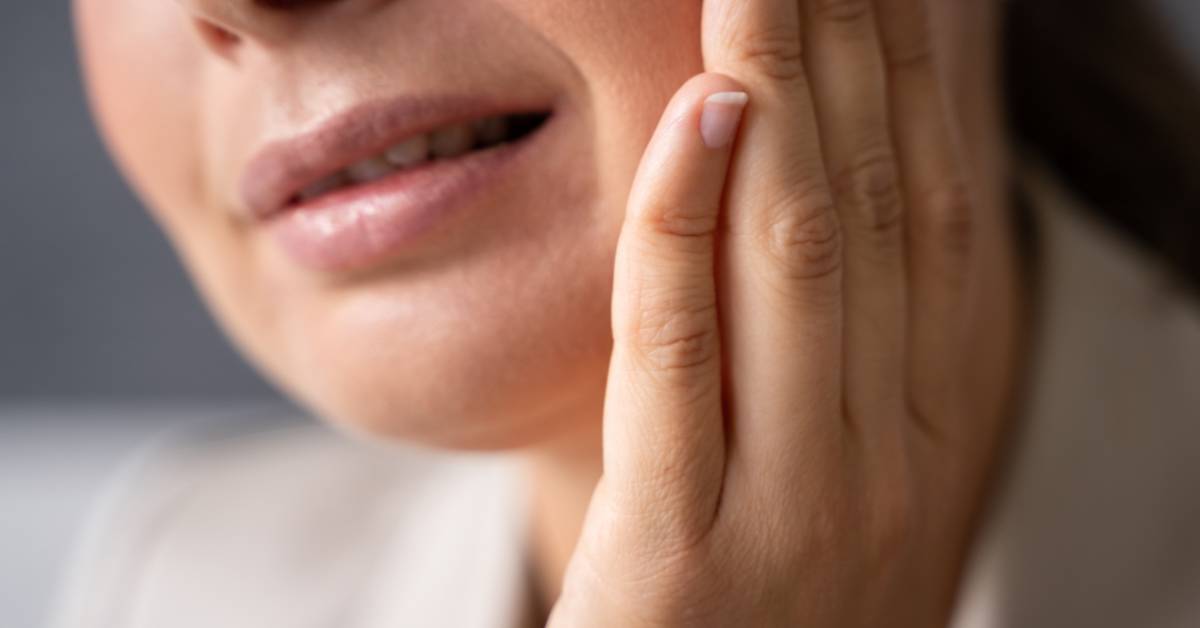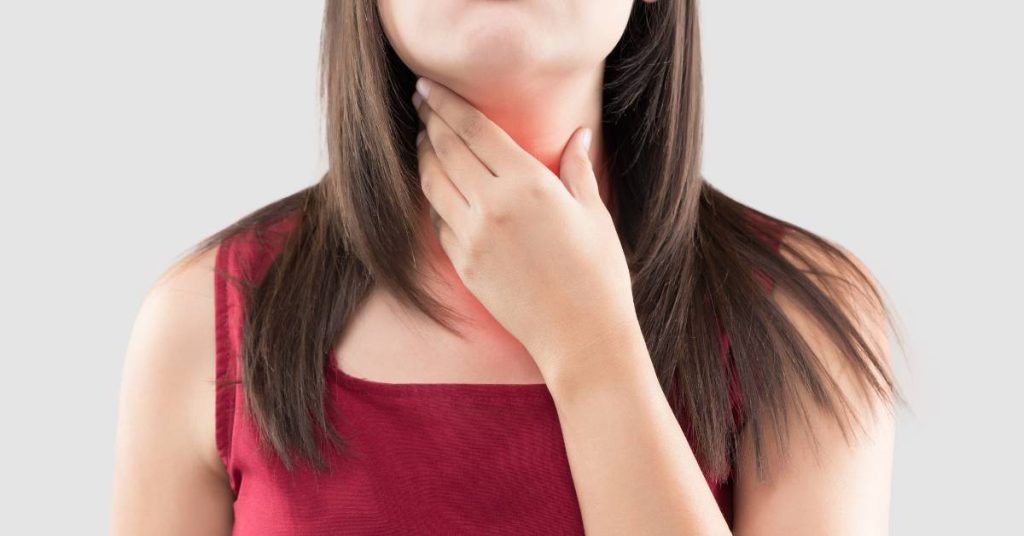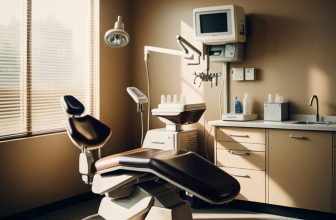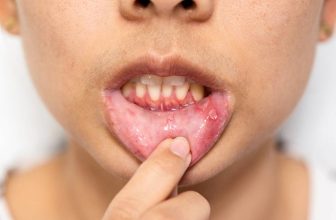
If you are undergoing chemotherapy treatment, you may experience mouth sores as a side effect. These sores can be painful and can make it difficult to eat, drink, and speak. Understanding the causes, symptoms, and treatments for mouth sores from chemo can help you manage this side effect and improve your quality of life during treatment.
Preventing Mouth Sores during Chemo
Chemotherapy can cause mouth sores, which can be painful and affect your ability to eat and speak. Fortunately, there are steps you can take to reduce your risk of developing mouth sores during chemo.
Oral Hygiene Practices
Good oral hygiene is essential to preventing mouth sores during chemo. Here are some tips to help you maintain good oral hygiene:
- Brush your teeth twice a day with a soft-bristled toothbrush.
- Floss gently once a day to remove plaque and food particles.
- Rinse your mouth with a saltwater solution several times a day. To make the solution, mix 1/2 teaspoon of salt with 8 ounces of warm water.
- Use a mouthwash recommended by your doctor or dentist. Avoid mouthwashes that contain alcohol, as they can be irritating.
- Avoid using tobacco products, as they can irritate your mouth and increase your risk of developing mouth sores.
Dietary Adjustments
The food you eat can also affect your risk of developing mouth sores during chemo. Here are some dietary adjustments you can make to reduce your risk:
- Eat soft, moist foods that are easy to swallow, such as soups, stews, and mashed potatoes.
- Avoid spicy, acidic, or crunchy foods that can irritate your mouth.
- Drink plenty of fluids to keep your mouth moist. Sipping water throughout the day can help prevent dry mouth, which can increase your risk of developing mouth sores.
- Avoid alcohol and caffeine, as they can dehydrate you and make your mouth dry.
By following these oral hygiene practices and dietary adjustments, you can reduce your risk of developing mouth sores during chemo. If you do develop mouth sores, talk to your doctor or dentist about treatment options to help manage your symptoms.
Treatment Options for Mouth Sores from Chemo

If you are experiencing mouth sores from chemotherapy, there are several treatment options available to help manage the pain and promote healing. In this section, we will discuss two main categories of treatment options: medications and natural remedies.
Medications
Your doctor may prescribe medications to help manage the pain and discomfort associated with mouth sores from chemo. Some common medications include:
- Topical anesthetics: These are gels or liquids that can be applied directly to the mouth sores to numb the area and provide temporary pain relief.
- Analgesics: These are pain medications that can be taken orally or applied topically to help manage pain.
- Antimicrobial mouthwashes: These are mouthwashes that contain antimicrobial agents that can help reduce the risk of infection and promote healing.
It is important to follow your doctor’s instructions when taking medications and to let them know if you experience any side effects.
Natural Remedies
In addition to medications, there are several natural remedies that may help manage the pain and promote healing of mouth sores from chemo. Some of these remedies include:
- Saltwater rinses: Rinsing your mouth with a saltwater solution several times a day can help reduce inflammation and promote healing.
- Baking soda rinses: Rinsing your mouth with a baking soda solution can help neutralize acids in the mouth and promote healing.
- Honey: Applying honey directly to the mouth sores can help reduce inflammation and promote healing.
- Aloe vera: Applying aloe vera gel directly to the mouth sores can help reduce inflammation and promote healing.
It is important to talk to your doctor before using any natural remedies to ensure they are safe for you to use and will not interfere with any medications you may be taking.
In summary, there are several treatment options available to help manage the pain and promote healing of mouth sores from chemo. Your doctor can help you determine the best course of treatment for your specific situation.
Impact on Quality of Life
Mouth sores from chemotherapy treatment can have a significant impact on your quality of life. The discomfort and pain associated with these sores can make it difficult to eat, drink, and speak. This can lead to malnutrition, dehydration, and social isolation.
In addition to the physical discomfort, mouth sores can also cause emotional distress. You may feel self-conscious about your appearance or embarrassed about your inability to eat or speak normally. This can lead to anxiety, depression, and a decreased quality of life.
It’s important to talk to your healthcare provider about any mouth sores you experience during chemotherapy treatment. They can provide recommendations for managing the pain and discomfort, as well as preventing further sores from developing.
Some tips for managing mouth sores include:
- Maintaining good oral hygiene
- Avoiding spicy, acidic, or crunchy foods
- Using a soft-bristled toothbrush and gentle mouthwash
- Staying hydrated with water and sugar-free beverages
- Using over-the-counter pain relievers or prescription medications as recommended by your healthcare provider
By taking steps to manage your mouth sores, you can improve your quality of life and reduce the impact of chemotherapy treatment on your daily activities.
Risk Factors
If you are undergoing cancer treatment, you may be at risk for developing mouth sores. The following are some risk factors that may increase your likelihood of developing mouth sores:
Type of Treatment
Certain cancer treatments, such as chemotherapy and radiation therapy aimed at the head and neck, can cause mouth sores. Bone marrow transplant, also known as a stem cell transplant, targeted therapy, and immunotherapy are other treatments that may cause mouth sores.
Dosage and Duration of Treatment
The likelihood of developing mouth sores may depend on the dosage and duration of your cancer treatment. Higher doses of chemotherapy or radiation therapy may increase your risk of developing mouth sores.
Age and General Health
Your age and general health may also play a role in your likelihood of developing mouth sores. Older adults and those with weakened immune systems may be more susceptible to developing mouth sores.
Smoking and Drinking
Smoking and drinking alcohol can also increase your risk of developing mouth sores during cancer treatment. These habits can irritate the tissues in your mouth and make them more susceptible to damage from cancer treatments.
Poor Oral Hygiene
Poor oral hygiene can also increase your risk of developing mouth sores during cancer treatment. It is important to maintain good oral hygiene habits, such as brushing your teeth and tongue twice a day and flossing daily, to help prevent mouth sores.
Overall, if you are undergoing cancer treatment, it is important to be aware of the risk factors for developing mouth sores and take steps to reduce your risk. Talk to your healthcare provider about ways to manage mouth sores and maintain good oral hygiene during cancer treatment.
Frequently Asked Questions
Best toothpaste for chemo mouth sores?
It is recommended to use a toothpaste that is free of sodium lauryl sulfate (SLS) as it can irritate the mouth sores. Some examples of toothpaste that are SLS-free are Biotene, Sensodyne Pronamel, and Tom’s of Maine.
Is Lysine good for chemo mouth sores?
Lysine is an amino acid that is often used to help prevent and treat cold sores. While some people have reported using lysine to help with chemo mouth sores, there is not enough scientific evidence to support its effectiveness. It is best to check with your healthcare provider before taking any supplements.
Conclusion
Mouth sores from chemotherapy can be a difficult side effect to manage, but there are ways to cope. By staying on top of your oral hygiene and working with your healthcare team, you can minimize your risk of developing mouth sores and find relief if they do occur.
Here are some key takeaways to keep in mind:
- Mouth sores from chemotherapy are a common side effect, but not everyone will experience them.
- Good oral hygiene is essential for preventing mouth sores similarly to canker sores. This includes brushing your teeth twice a day, flossing daily, and using an alcohol-free mouthwash.
- Certain foods and drinks can irritate mouth sores and make them worse. Avoid spicy, acidic, or crunchy foods, as well as alcohol and tobacco.
- If you do develop mouth sores, there are several remedies that can help. Your healthcare team may recommend medicated mouthwashes, numbing gels, or pain relievers.
- In severe cases, your healthcare team may need to adjust your chemotherapy dosage or switch to a different medication to prevent further mouth sores.
Remember, if you experience any side effects from chemotherapy, it’s important to talk to your healthcare team. They can help you manage your symptoms and ensure that your treatment is as effective as possible.







